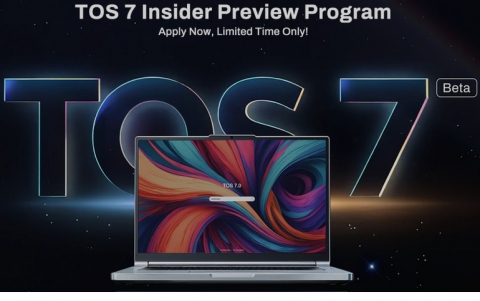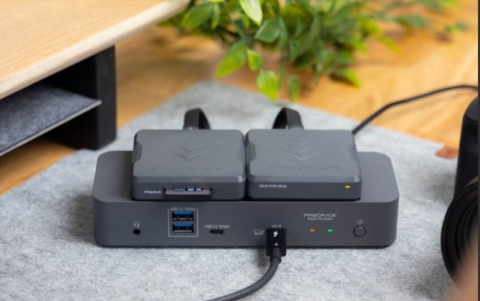
DeCSS hacking trial ends
Jon Johansen, known in Norway as "DVD Jon," is charged with having unlocked a copyright-protection code and distributed a computer program enabling unauthorized copying of DVD movies, angering U.S. movie studios who fear mass piracy and loss of revenue.
The defense focused on Johansen's copying of DVDs he already owned. "The thief who breaks into his own flat is not committing any crime," Johansen's lawyer, Halvor Manshaus, told the Oslo court in his closing argument of the case--seen as a battle between cyber Davids and corporate Goliaths.
Johansen, 19, has become an icon for those who say making software like his is an act of intellectual freedom rather than theft. Johansen wrote the DeCSS program, which unwraps the copy protection found on DVDs, when he was 15.
The complaint against Johansen was filed by the U.S. Motion Picture Association (MPAA), which represents U.S. movie studios.
Following five days of hearings in a Norwegian court, prosecutor Inger Marie Sunde spent much of the closing argument saying that Johansen was a key player in developing DeCSS.
"I think this case is about gang crime. It is beyond any doubt that there was a rivalry" in developing the program, she said. Sunde called for a suspended 90-day sentence for Johansen. The charges he faces could bring a maximum sentence of two years in prison.
Manshaus did not dispute the fact that his client had helped develop and distribute DeCSS. However, he said there was no basis in Norwegian law for a conviction, saying DVDs were technically, but not legally, protected from copying.
"You could say that Jon Johansen has done the opposite of copying," he said, referring to the teenager's partly failed attempts while testing DeCSS to copy two DVD movies that he already owned. He said Johansen tested the program on "The Fifth Element" and "Matrix," but managed to transfer only about 5 percent of the films to his hard drive.
The judge, helped by two experts, is expected to make a ruling--the first on digital copyright protection in Norway--early next year.
Hollywood studios, which code DVD movies to encourage people to buy rather than copy their films, say unauthorized copying of DVDs is copyright theft and undermines a sales market for DVDs and videos worth $20 billion a year in North America alone.
In the United States, where the Digital Millennium Copyright Act (DMCA) protects copyright holders from piracy, Johansen's case has raised concerns among Internet users about what they see as a constitutional right to freedom of expression.
This year, the European Union enacted an E-Commerce Directive, similar to the DMCA. Norway, although not a EU member, is expected to implement the EU directive.
Johansen, 19, has become an icon for those who say making software like his is an act of intellectual freedom rather than theft. Johansen wrote the DeCSS program, which unwraps the copy protection found on DVDs, when he was 15.
The complaint against Johansen was filed by the U.S. Motion Picture Association (MPAA), which represents U.S. movie studios.
Following five days of hearings in a Norwegian court, prosecutor Inger Marie Sunde spent much of the closing argument saying that Johansen was a key player in developing DeCSS.
"I think this case is about gang crime. It is beyond any doubt that there was a rivalry" in developing the program, she said. Sunde called for a suspended 90-day sentence for Johansen. The charges he faces could bring a maximum sentence of two years in prison.
Manshaus did not dispute the fact that his client had helped develop and distribute DeCSS. However, he said there was no basis in Norwegian law for a conviction, saying DVDs were technically, but not legally, protected from copying.
"You could say that Jon Johansen has done the opposite of copying," he said, referring to the teenager's partly failed attempts while testing DeCSS to copy two DVD movies that he already owned. He said Johansen tested the program on "The Fifth Element" and "Matrix," but managed to transfer only about 5 percent of the films to his hard drive.
The judge, helped by two experts, is expected to make a ruling--the first on digital copyright protection in Norway--early next year.
Hollywood studios, which code DVD movies to encourage people to buy rather than copy their films, say unauthorized copying of DVDs is copyright theft and undermines a sales market for DVDs and videos worth $20 billion a year in North America alone.
In the United States, where the Digital Millennium Copyright Act (DMCA) protects copyright holders from piracy, Johansen's case has raised concerns among Internet users about what they see as a constitutional right to freedom of expression.
This year, the European Union enacted an E-Commerce Directive, similar to the DMCA. Norway, although not a EU member, is expected to implement the EU directive.





















